Do you think Renault/Alpine have been directionless since the Crash-gate scandal came out in 2009? Is promoting Flavio Briatore to principal a step forward or morally wrong after his controversial past? – Ryan
Let’s tidy up a bit of history here. ‘Crash-gate’ is the name given to the scandal when Nelson Piquet deliberately crashed in the 2008 Singapore Grand Prix as part of a plan to advantage his team-mate Fernando Alonso, who went on to win the race.
When what happened became public a year later, then Renault team principal Flavio Briatore and engineering director Pat Symonds were banned from the sport, Briatore indefinitely, Symonds for five years. Renault itself was given a two-year suspended ban.
Renault quit F1 as a team owner at the end of 2009, and sold the team to an investment group called Genii Capital, which kept the name Renault in 2010, and then ran as Lotus until 2016.
Renault stayed involved in F1 as an engine builder and returned as a team owner in 2016, buying back the team. It set itself an initial five-year plan to become competitive, which was not achieved, despite some progress being made.
The team was rebranded as Alpine for 2021, when it set a new plan, this time to be competitive within 100 races. Effectively a second five-year plan.
They won a grand prix, with Esteban Ocon in Hungary in 2021, in a race of particularly unusual circumstances. And Alonso was outstanding in getting a podium in Qatar in 2021 and putting the car on the front row in the wet in Canada in 2022.
But precious little obvious progress was made, and in the past two years the team has gone backwards.
The Alpine period has been characterised by turmoil, with a succession of management changes and some very obvious examples of mismanagement.
The most obvious of these was when they managed to lose both Alonso and Oscar Piastri in one summer in 2022.
Fundamentally, in this period, Renault has known what it has wanted but not given any real indication that it understands how to get it.
Introducing Briatore was an attempt by Renault chief executive officer Luca de Meo to inject some direction and vigour into the team.
But it remains to be seen what that direction is.
On the face of it, closing the Renault F1 engine facility and switching to Mercedes engines from 2026 is a short-term way of both saving money and increasing competitiveness, as Renault has lagged behind throughout the hybrid era, and the company was clearly not willing to spend the money to become competitive.
The charge laid against Renault is that it betrays a storied history of the brand in F1, and misunderstands how teams have traditionally become frontrunners. Although McLaren are currently proving a factory engine partnership is not required to win world titles.
As for Briatore, it’s not for me to say whether it’s right or wrong that he be allowed back.
In 2010, a French court overturned the ban imposed on him. Symonds has since been rehabilitated. One could argue that Briatore has paid for his misdemeanour and should be given a chance to work again.
Others will think that’s wrong. But the sport as a collective has decided otherwise.


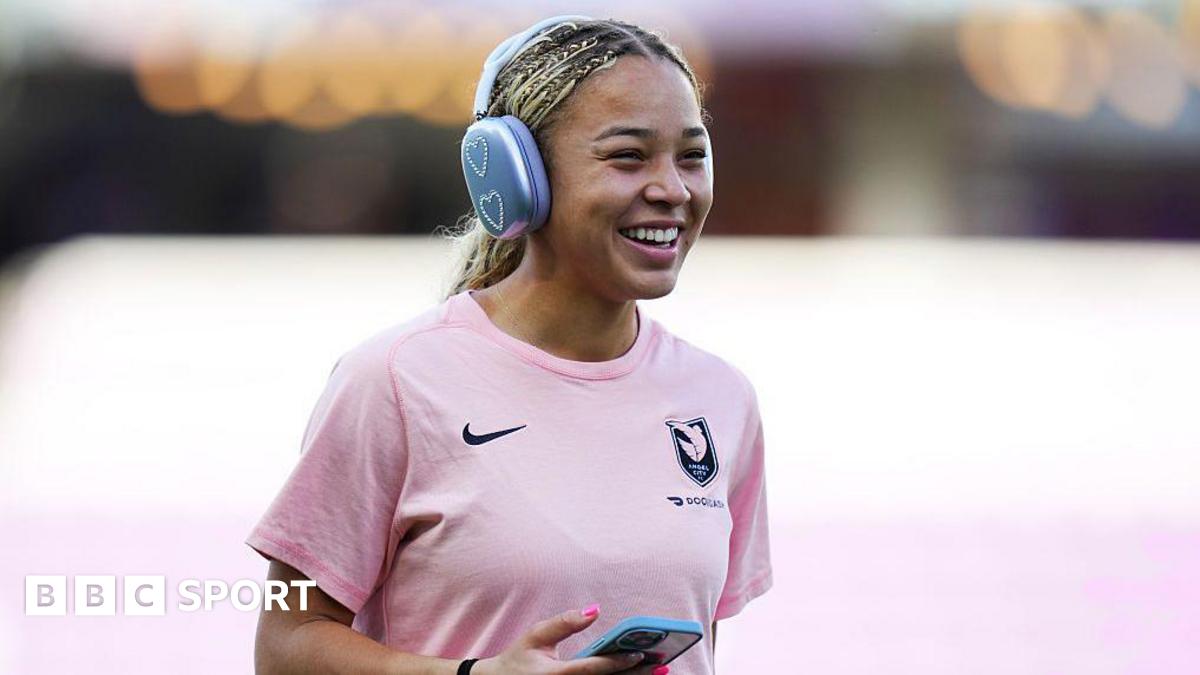
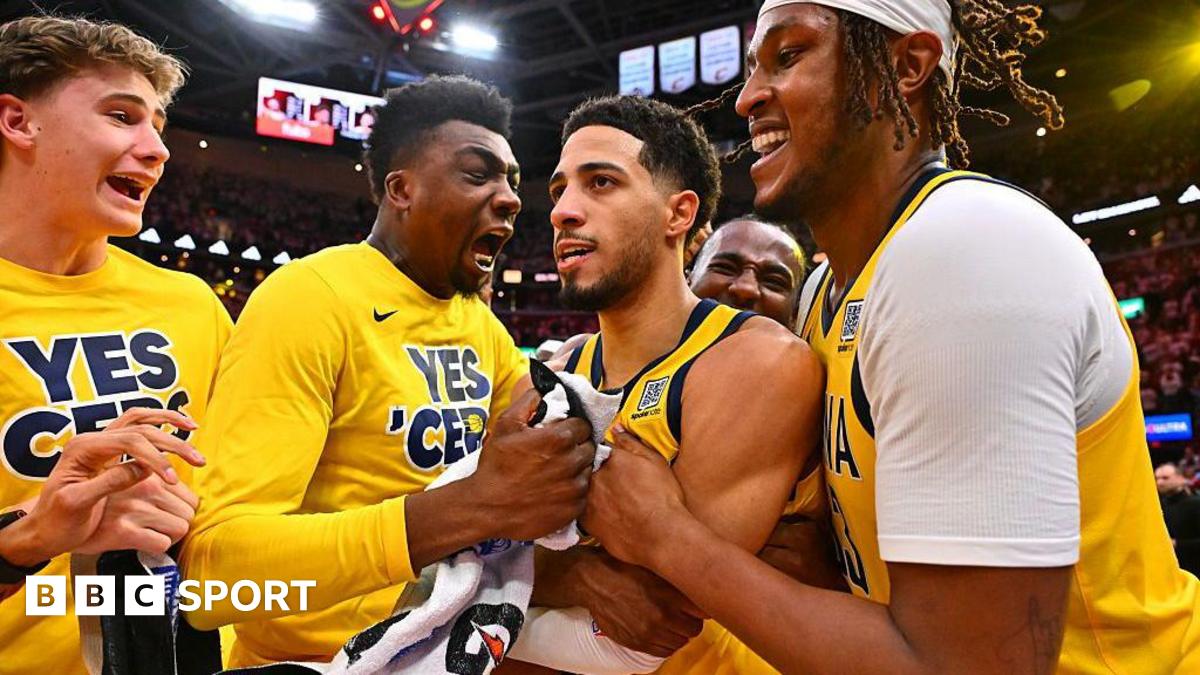


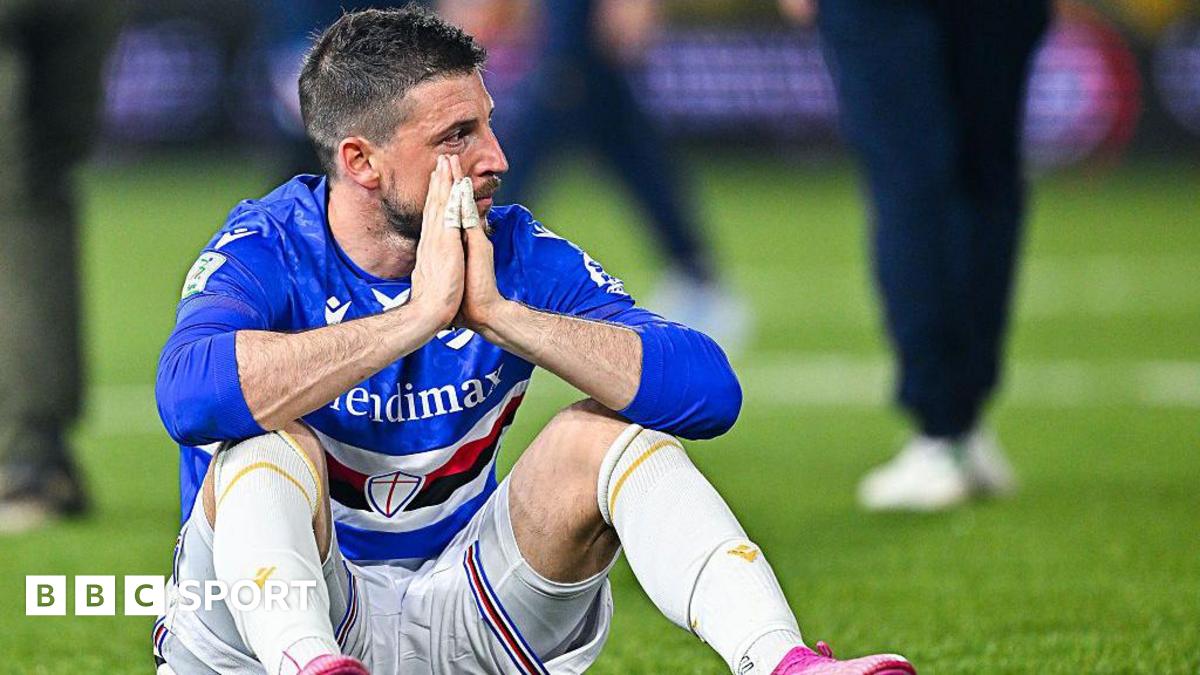
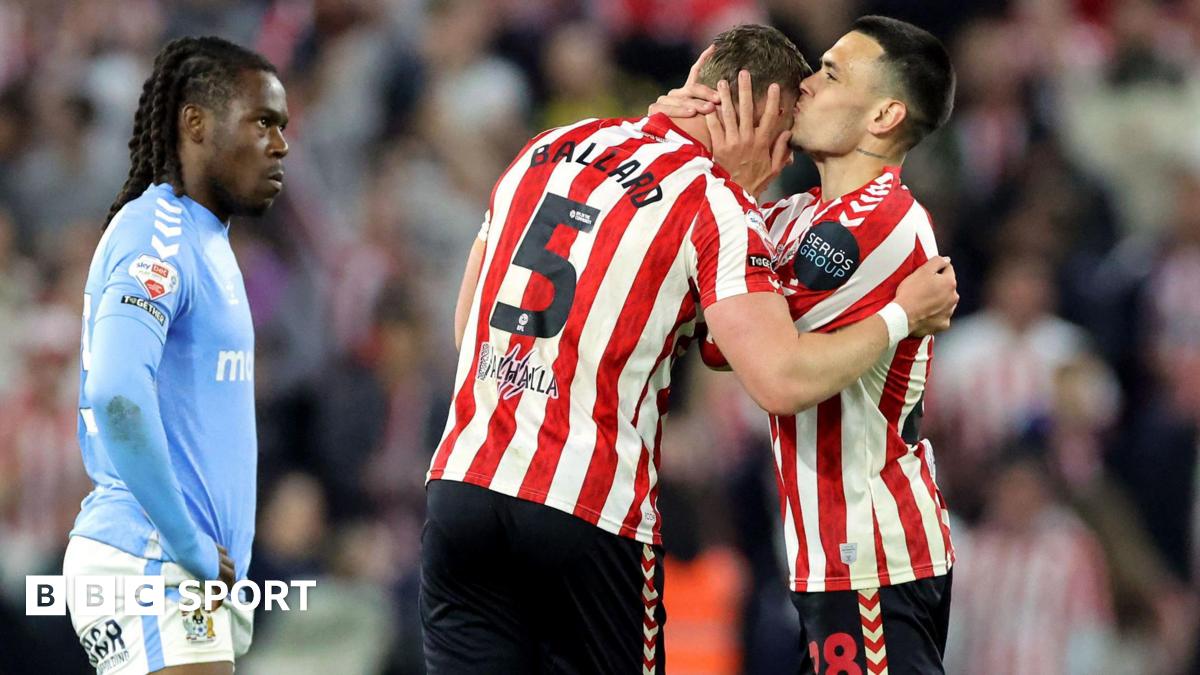
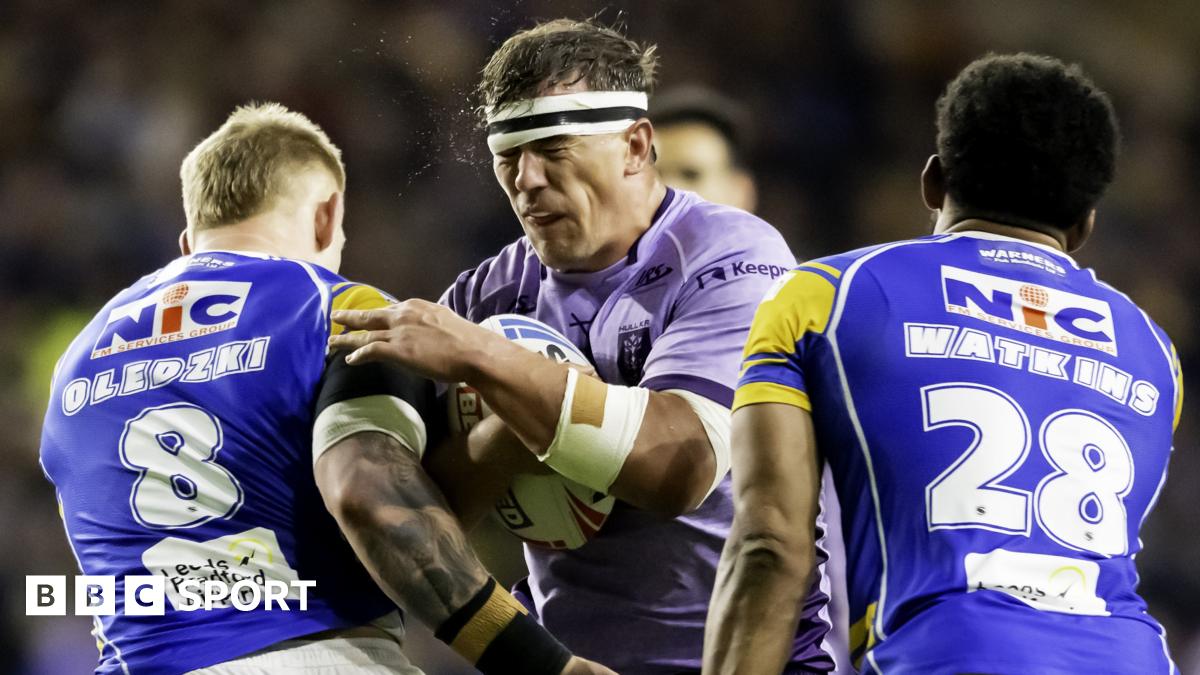
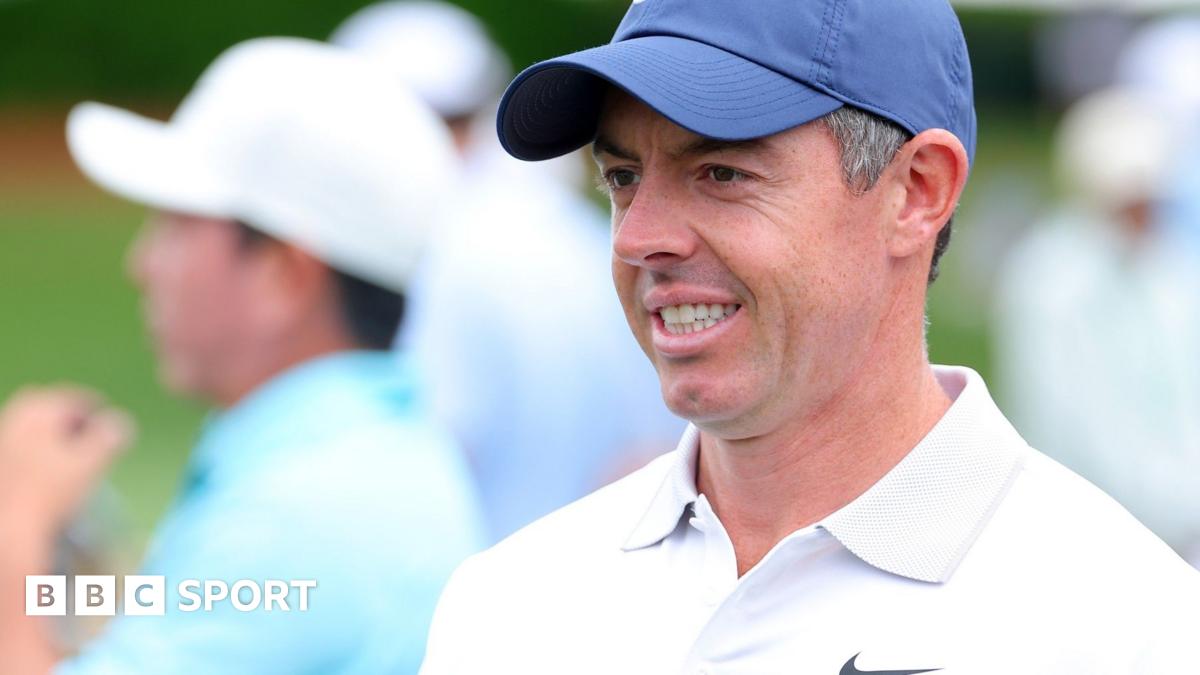
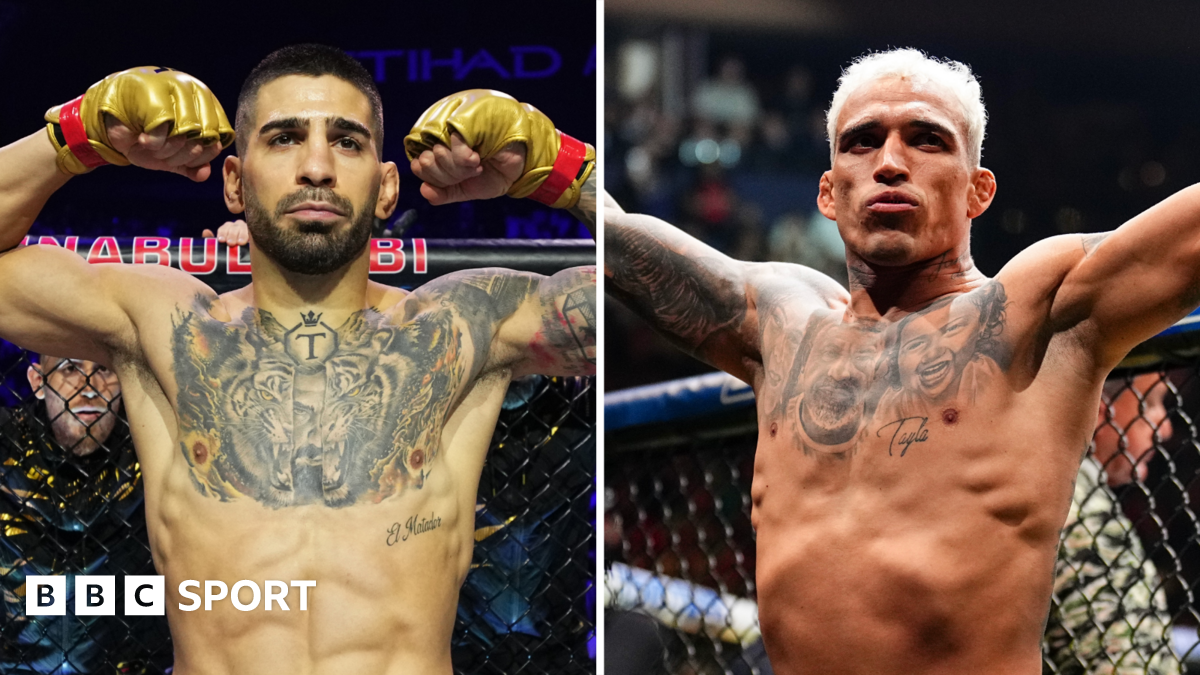
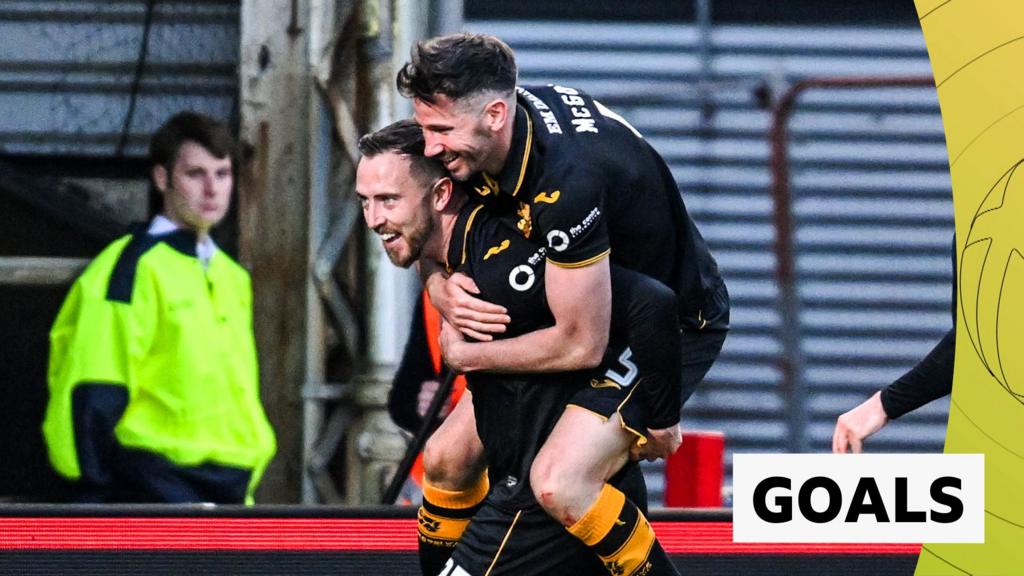




Leave a Reply